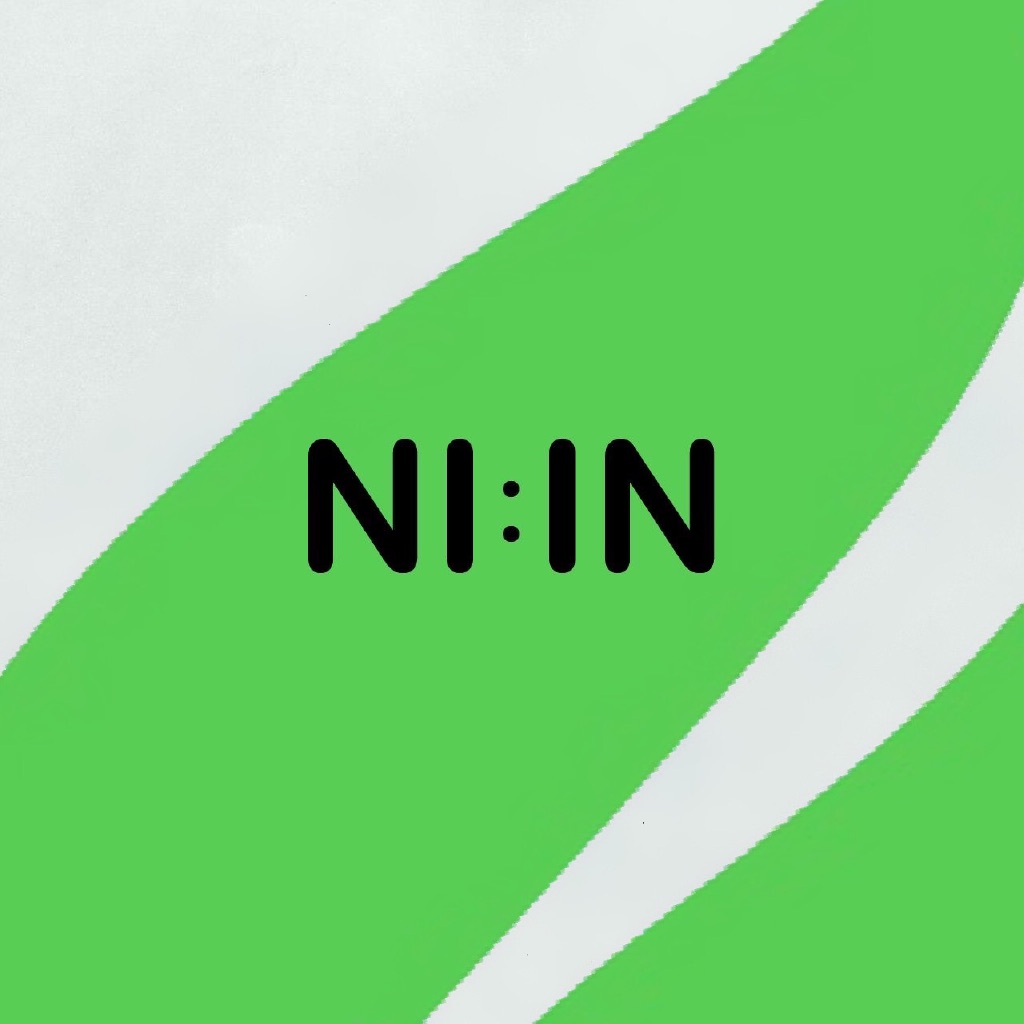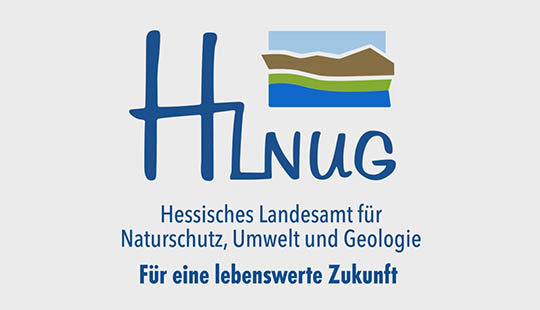Sustainable Intelligence – Intelligent Sustainability

| Funding: | ZEVEDI, Hessisches Ministerium für Digitale Strategie und Entwicklung, TU Darmstadt | |
| Duration: | 2021- 2022 |
|
| Supervision: | Prof. Dr. Birgit Blättel-Mink (FB Gesellschaftswissenschaften) und Prof. Dr. Indra Spiecker (FB Rechtswissenschaften) |
|
| Researchers: | Franziska Ohde and Bianka Zurek |
Deputy: Prof. Dr. phil. Gerd Doeben-Henisch, University of Applied Sciences
Frankfurt
KlimaRhön
Effects of Climate Change on Aquatic Ecosystems and Water Supply in the Rhön Biosphere Reserve: Participatory Risk Assessment and Development of Adaptation Measures

| Funding: | Hessian Agency for Nature Conservation, Environment and Geology | |
| Duration: | 2019 - 2022 |
|
| Supervision: | Prof. Dr. Birgit Blättel-Mink, Prof. Dr. Petra Döll (Faculty of Geosciences/ Geography) |
|
| Researchers: | Max Czymai |
The aim of the project is (1) to develop suitable management strategies in a participatory manner in order to be able to use the water resources in the Rhön Biosphere Reserve, especially its Hessian part, in a sustainable way for society and the ecosystem in view of climate change. To this end, (2) methods for interdisciplinary (social and natural sciences) and transdisciplinary (with scientists and practice partners) knowledge integration must be developed. Practice partners (i.e. institutional stakeholders) are selected, relevant Hessian actors in the problem area, such as the administrative office of the Hessian Biosphere Reserve Rhön, (water) authorities, civil society organisations, companies and other stakeholders.
The perception of the problem and the willingness of citizens to adapt is empirically surveyed by the project partners and brought into the participatory process in a way that not directly involves citizens in the process. The exact focus within the problem area (e.g. drinking water supply, preservation of the raised bog, water transfer to Fulda) will be developed by the project partners in a participatory manner with the stakeholders during the participatory process. This exact focus will depend, for example, on the composition of the stakeholders, their problem perspectives, and their specific areas of interest.
Working Group (AK) Critical Sociology - intensification of cooperation with Institute for social research (IfS) and Faculty 03, Department of Social Sciences, Goethe University
The working group, jointly supported by the Institute for Social Research (IfS) Frankfurt and the Institute for Sociology of the Department of Social Sciences at the Goethe University Frankfurt, sees itself as a forum for critical social research. The working group organises the lecture series "Critical Sociology", which, following the Frankfurt tradition of Critical Theory, explores concepts, subjects and effects of sociological criticism. A diversity of societal phenomena are under exploration. Overarching questions that also critically (self)reflect the practice of sociological critique itself are: which phenomena can be subjected to critique, why and from which perspective? What are the conceptual and methodological challenges of critical social research? Which concepts of critique can be distinguished and how? Doing so, the working group wants to contribute to a (self-)understanding of the tasks, requirements and goals of a critical sociology of the present communicating with the tradition of Critical Theory and critical concepts of other provenance. In addition, it promotes cooperation between the IfS and the Goethe University's Department of Social Sciences by fostering networking and exchange of all interested parties who are dedicated to the questions and problems of a critical sociology in their research.
Coordinators
Birgit Blättel-Mink, Laura Hanemann, Stephan Lessenich, Susanne Martin
Contact
Birgit Blättel-Mink, B.Blaettel-Mink@soz.uni-frankfurt.de

NEWS
CONTACT
Prof. Dr. Birgit Blättel-Mink
Goethe-University
Faculty of Social Sciences
Institute of Sociology
Visiting address
Theodor-W.-Adorno-Platz 6
Campus-Westend – PEG-Building
Room 3.G 029
60323 Frankfurt am Main
Mail address
Campus Westend
PEG - internal post 31
60629 Frankfurt am Main
Tel. +49 69 798 36660
b.blaettel-mink@soz.uni-frankfurt.de
- Studying at Goethe University
- International applicants
- Faculties
- Overview of study programmes
- Programme for refugees
- GRADE
- Goethe Business School (continuing education)
- Research at Goethe University
- Scientific news
- Goethe Welcome Center (for international researchers)
- Collaborative research projects
- Individual research
- Visiting fellowships
- Endowed chairs
- About the University
- News-in-brief
- University administration
- Campus locations
- Campus life
- University archives (German)
- Rhine-Main-Universities






